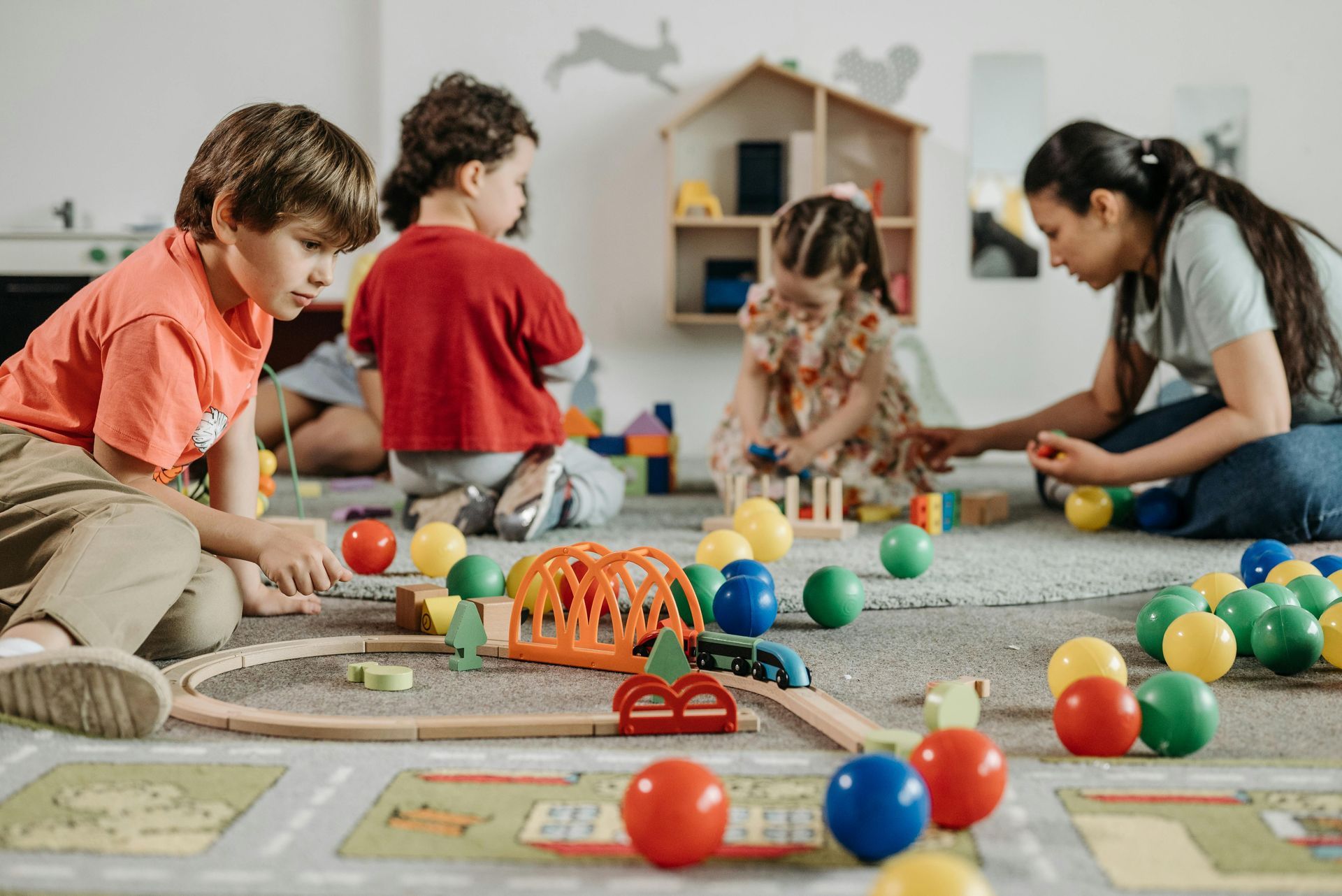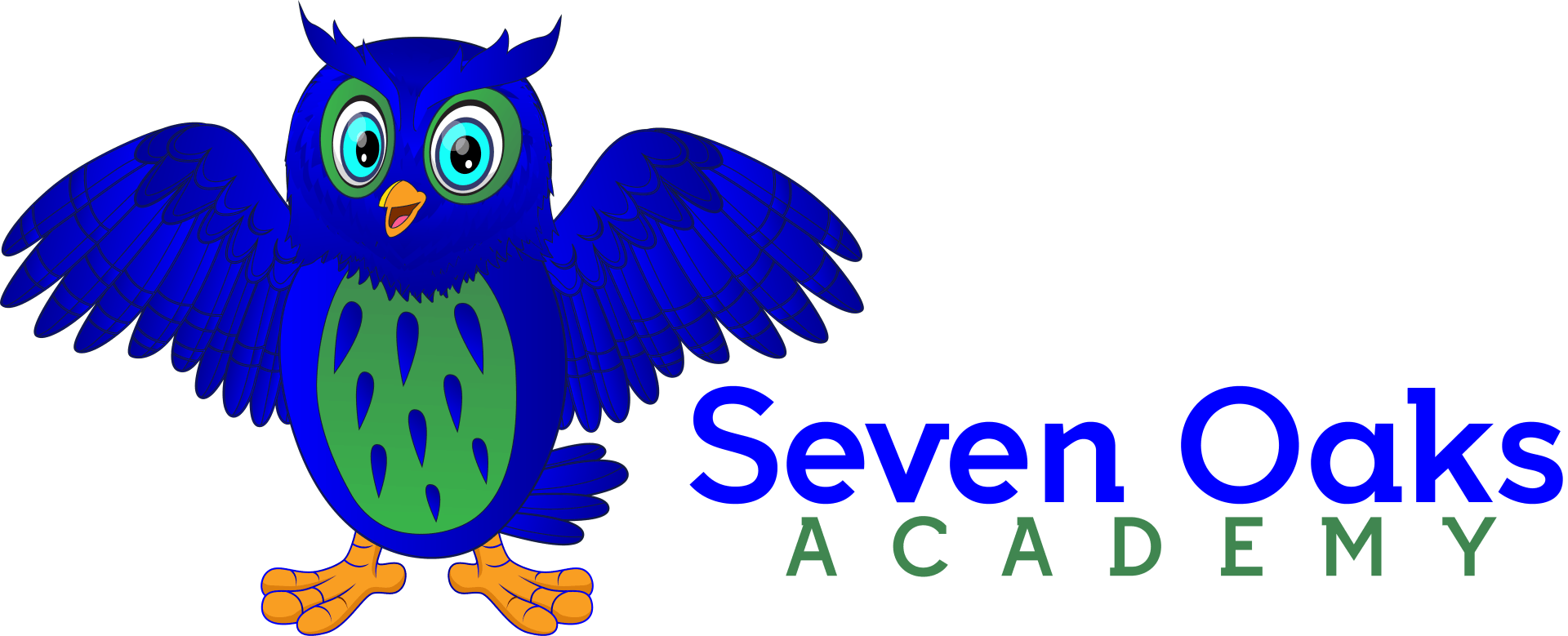
Art and creativity hold a special place in Montessori education, where they are not seen as separate subjects but as integral parts of a child’s overall development. Montessori’s approach to artistic expression is deeply rooted in the philosophy that every child is inherently creative and capable of self-expression. By integrating art into daily learning, Montessori education nurtures these abilities, helping children develop both fine motor skills and a deeper understanding of the world around them.
The Montessori Approach to Art
In Montessori classrooms, art is more than just an activity; it is a form of communication and a way for children to express their thoughts, feelings, and experiences. Children are given the freedom to explore various art forms, from drawing and painting to sculpting and collage-making. This freedom allows them to develop their own unique artistic style and fosters a sense of confidence in their creative abilities.
Art materials are always accessible to children, allowing them to engage in artistic activities whenever inspiration strikes. The Montessori environment is carefully prepared with a variety of art supplies, such as crayons, colored pencils, watercolors, clay, and natural materials. These materials are presented in a way that encourages independent exploration and creativity, giving children the tools they need to bring their ideas to life.
Encouraging Creativity Through Process, Not Product
One of the key principles of Montessori education is the emphasis on the process of creation rather than the final product. In traditional settings, children might be given a specific project to complete with a set of instructions. In contrast, Montessori encourages children to explore their own ideas and experiment with different techniques. This focus on the creative process allows children to develop critical thinking skills, problem-solving abilities, and a love for artistic expression.
By allowing children to make their own choices and express themselves freely, Montessori education helps them build self-esteem and a sense of accomplishment. Whether a child is drawing a picture, building a sculpture, or creating a collage, the emphasis is on personal expression and the joy of creating something unique.
The Role of the Montessori Guide
Montessori guides (teachers) play an essential role in supporting children’s artistic development. Rather than directing or instructing, they observe and encourage each child’s individual creative process. Guides might introduce new materials or techniques, provide inspiration through art books or images, or simply offer words of encouragement. This approach helps children feel respected and valued as artists in their own right, fostering a lifelong love of art and creativity.
Integrating Art with Other Areas of Learning
In Montessori education, art is seamlessly integrated with other areas of learning, such as math, language, science, and culture. For example, children might create geometric designs while learning about shapes, illustrate stories they’ve written, or use natural materials to make art projects related to their studies of the environment. This interdisciplinary approach reinforces learning across subjects and helps children make connections between different concepts.
By integrating art into the curriculum, Montessori education supports the development of the whole child—intellectually, emotionally, socially, and physically. It recognizes that creativity is not limited to the art studio but is a vital part of all learning and living.
The Impact of Art and Creativity on Child Development
Artistic expression in Montessori education helps children develop fine motor skills, hand-eye coordination, and spatial awareness. It also promotes cognitive development by encouraging problem-solving, critical thinking, and the ability to see things from multiple perspectives. Emotionally, art provides a healthy outlet for children to express their feelings, build self-confidence, and develop a sense of identity.
Furthermore, engaging in creative activities with peers helps children develop social skills such as collaboration, communication, and empathy. Through art, children learn to appreciate diversity and develop an understanding of different cultures and traditions, broadening their worldview.
Integrating art and creativity into Montessori education is essential for fostering a well-rounded, confident, and curious child. By supporting artistic expression, Montessori nurtures the development of independent thinkers who are not only academically capable but also emotionally and socially aware.
At Seven Oaks Academy, we are committed to providing a rich, creative environment where your child can thrive. If you’re interested in learning more about how Montessori education can inspire your child’s creativity and love for learning, contact us today at
770-564-0470 to schedule a tour and discover the difference Montessori can make in your child’s life.



